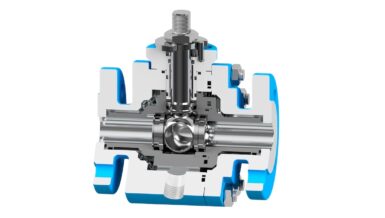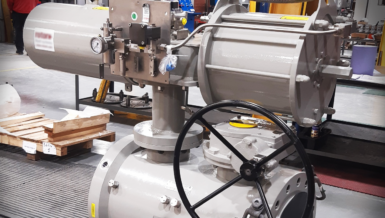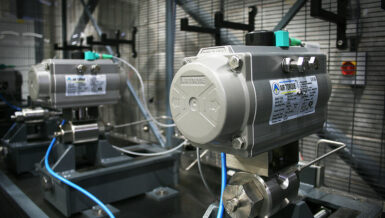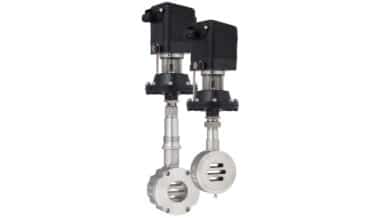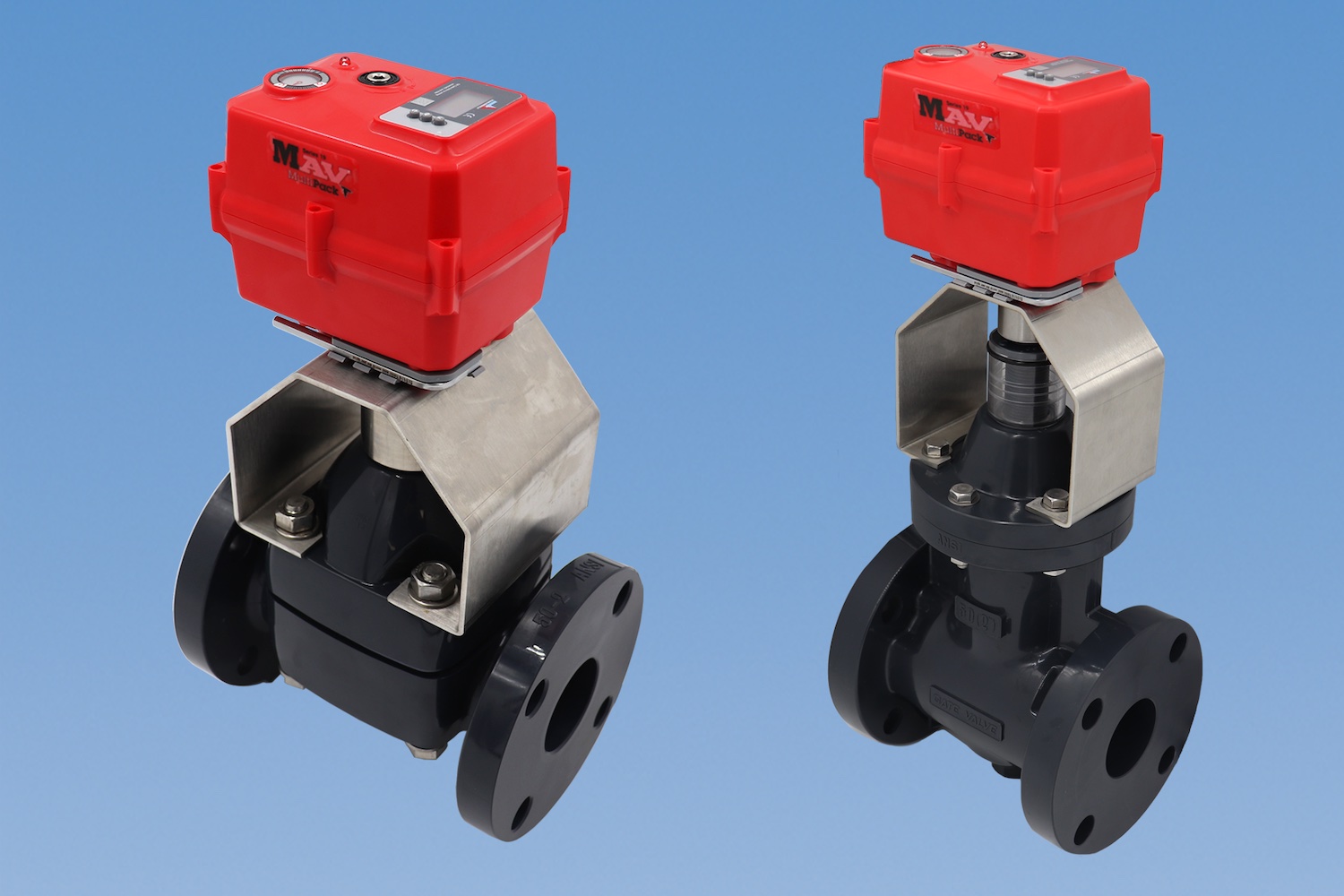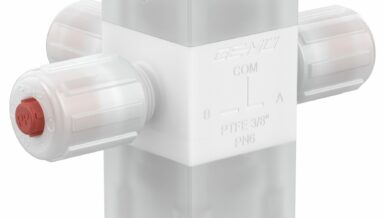Forged vs. Cast Valve Bodies
Combined Cycle Power Plants have experienced shorter than anticipated life cycles with cast ASTM A217 C12A valve bodies.
The solution is to switch to an ASTM A182 F91 forged body. Therefore, TRILLIUM Valves USA™ introduced the Atwood & Morrill® Forged Wye Valve. At temperatures above 1,000° F, a forged body is superior because;
- Imperfections inherent to all castings impose greater risk in C12A power plant applications with elevated temperatures and increased thermal cycling.
- Stringent code and customer requirements for C12A make it costly and challenging to manufacture.
- The F91 forging process produces higher initial hardness levels than C12A castings, which provides additional margin for heat treat processes during valve manufacturing and installation.
Forged valve bodies help minimize material defects and provide better quality and longer life valves, especially at elevated temperatures with thermal cycling conditions.





